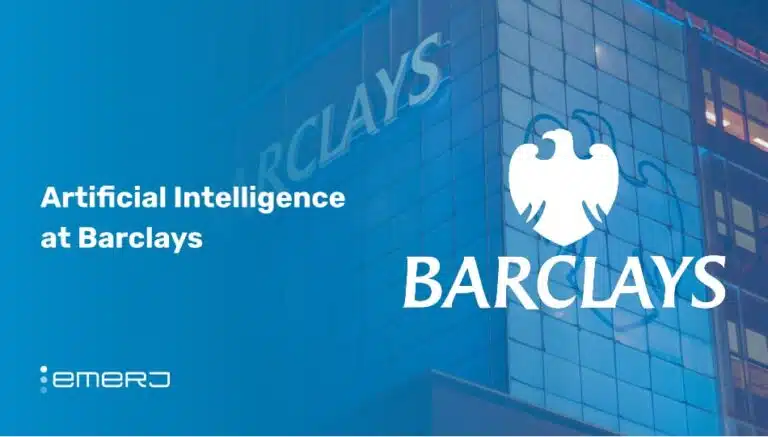Artificial Intelligence at Manulife
Manulife Financial Corporation is a leading international insurance company headquartered in Toronto, Canada, with a strong presence in Canada, Asia, and…

•


Riya covers B2B applications of machine learning for Emerj - across North America and the EU. She has previously worked with the Times of India Group, and as a journalist covering data analytics and AI. She resides in Toronto.
Manulife Financial Corporation is a leading international insurance company headquartered in Toronto, Canada, with a strong presence in Canada, Asia, and…

•

Traditional manufacturing faces significant challenges due to its reliance on legacy processes, manual quality control, and limited adaptability to evolving market…

•

This interview analysis is sponsored by Airia and was written, edited, and published in alignment with our Emerj sponsored content guidelines.…

•

Barclays is a leading British universal bank with a diversified portfolio serving retail and wholesale customers globally. The bank employs over…

•

This interview analysis is sponsored by Deloitte and was written, edited, and published in alignment with our Emerj sponsored content guidelines.…

•

This article is sponsored by Justt and was written, edited, and published in alignment with our Emerj sponsored content guidelines. Learn…

•

This article is sponsored by Pure Storage and was written, edited, and published in alignment with our Emerj sponsored content guidelines.…

•
